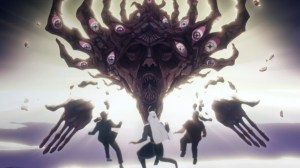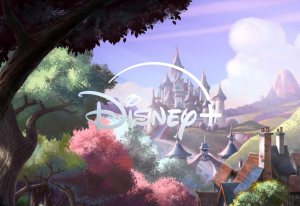The sci-fi genre has long been one of the most popular in fiction, earning success both on the page and screen. Where the genre started with prominent sci-fi works of literary fiction, it soon made the transition to the small and big screens alike, with sci-fi movies and TV shows earning widespread popularity. The rise of sci-fi TV was meteoric, and the genre was established as a staple of households around the world as a result. The best sci-fi TV shows manage to provoke thought about not just the speculative fiction unfolding on the screen, but also the world around us today and the nature of our society.
Videos by ComicBook.com
With that said, the sci-fi genre hasn’t always been as cutting-edge as it deserves. There have been times when interest in sci-fi has waned, or the small screen hasn’t provided the sort of exceptional science fiction audiences appreciate. However, when great sci-fi shows come along, they have the potential to inspire huge change, whether within the genre itself or, sometimes, to the wider world that their audiences inhabit.
7) Battlestar Galactica (2004-2009)
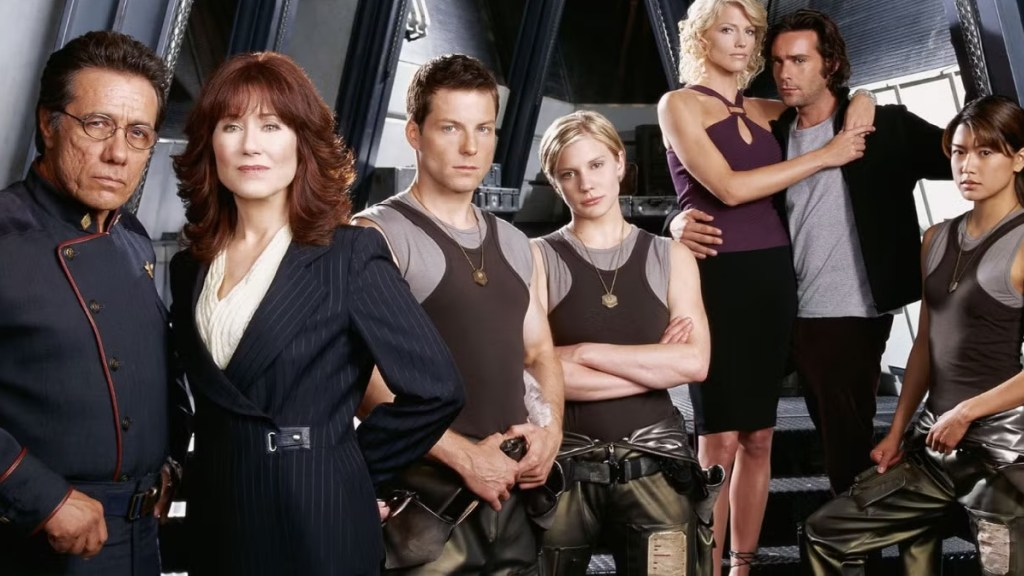
Introduced to the world at a time when the sci-fi genre had grown increasingly dependent on action-heavy premises, Battlestar Galactica came along and changed the genre forever. Its hard sci-fi premise might have once seemed something of a tough sell, but the show’s tense interpersonal drama and political undertones made for a gripping watch. Battlestar Galactica changed the world of sci-fi with its serious and high-concept approach to storytelling, and marked a shift in audiences’ perception of what the genre could be.
6) The Mandalorian (2019-Present)
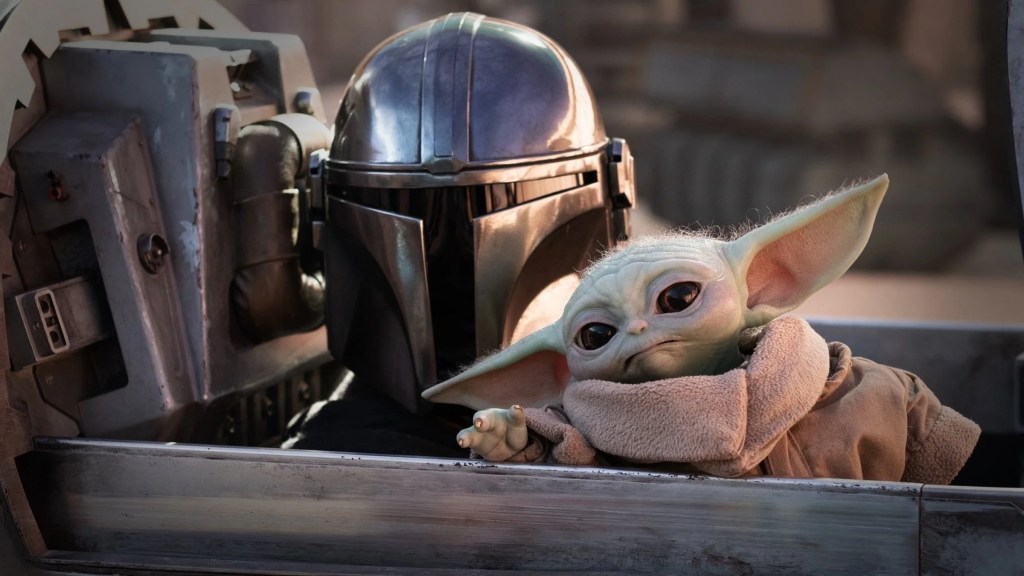
When The Mandalorian was first announced, there was speculation over how Disney+ would handle the characters of Star Wars on the small screen. For decades, the Star Wars franchise had been most successful on the big screen, with efforts to establish TV shows earning relatively mixed results. However, The Mandalorian confirmed the potential for success with live-action Star Wars shows, allowing Disney+ to dominate small-screen sci-fi with multiple releases. The Mandalorian marked a shift in the sci-fi genre that saw Star Wars finally overtake the TV success of its long-standing rival, the Star Trek franchise, subtly repainting the landscape of the genre in the process.
5) Lost (2004-2010)

Lost may be remembered as a great TV show that was terrible by the end, but the way it shaped the sci-fi genre continues to influence shows more than two decades later. Lost‘s premise only involved light sci-fi elements, with its time-bending narrative including time travel, flashbacks, and flash forwards that encouraged rewatching and binge-watching. Though its sci-fi elements were only a small part of Lost‘s success, the show’s popularity subtly reshaped the format of modern television for years to come.
4) The X-Files (1993-2002)
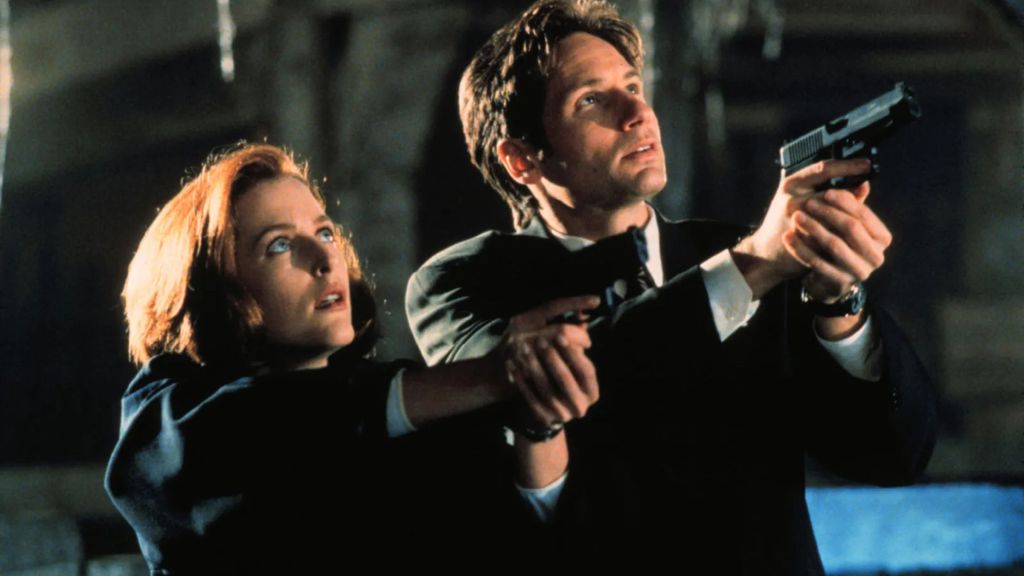
The X-Files is a great example of a sci-fi TV show that aged incredibly well, with its sci-fi-heavy premise making it a gripping watch both for viewers at the time of its airing and for those discovering the show in the years since. The X-Files made use of a villain-of-the-week format that also explored longer narrative arcs that spanned a whole season or even multiple years, and it earned considerable praise in doing so. This is something that changed the world of sci-fi TV, with many other shows later adopting the same basic format in the pursuit of similar success.
3) Doctor Who (1963-Present)
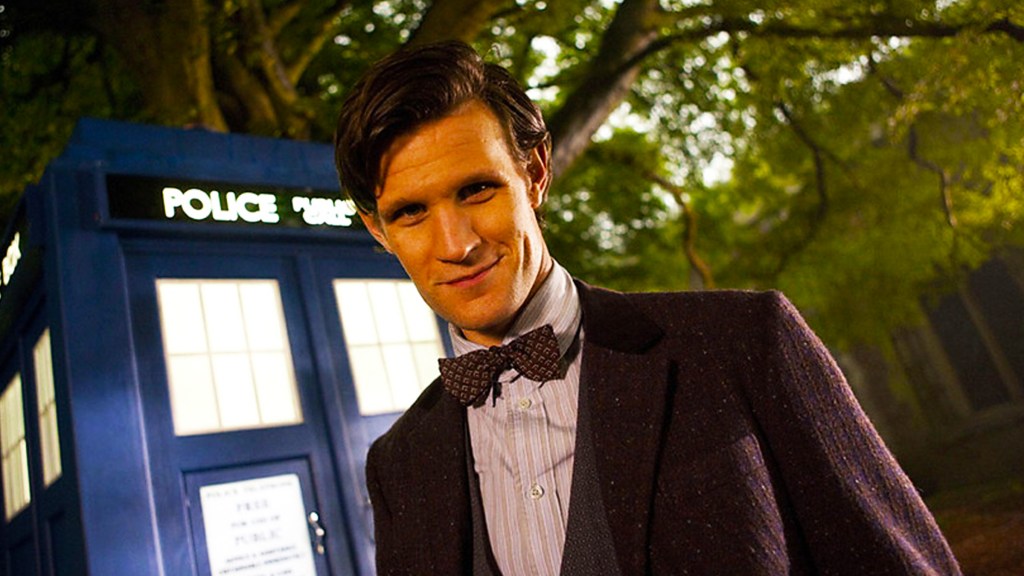
The way that Doctor Who resonated with sci-fi fans formed a key part of the show’s success, particularly in its modern incarnation. After beginning in 1963 and airing until 1989, the show then underwent a modern continuation beginning in 2005, which continues to run today. Doctor Who‘s wacky and often colorful approach to sci-fi blends drama, action, and sci-fi with light comedy that makes it accessible to audiences of all ages. Over the years, Doctor Who has repeatedly proven many ways in which the sci-fi genre can be stretched and repurposed, firmly establishing it as an absolute classic of the small screen.
2) The Twilight Zone (1959-1964)

First airing all the way back in 1959, The Twilight Zone now enjoys legendary status within the realms of pop culture. The show’s initial five-year run was popular enough to warrant a later revival, with the resulting franchise keeping The Twilight Zone alive in the years since. The original show’s depiction of speculative stories involving sci-fi and fantasy elements usually included a dark and unexpected plot twist, making it one of the most terrifying sci-fi TV shows of the time. The show’s anthology format, combined with its unforgettable twists and turns, helped shape modern sci-fi, and The Twilight Zone is still often cited as an influence today.
1) Star Trek: The Original Series (1966-1969)
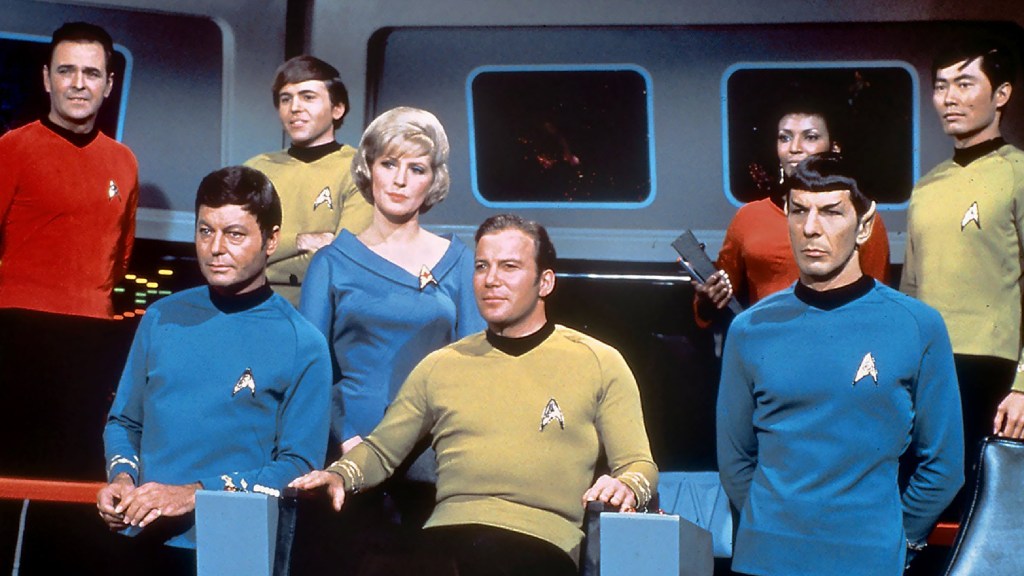
There is perhaps no sci-fi TV show that can boast the level of popularity and influence enjoyed by Star Trek: The Original Series. First airing in 1966, the show ran for three seasons before ending in 1969. Its approach to high-concept sci-fi imagined a world in which equality was a defining trait of humanity, and in doing so, Star Trek became a beacon of acceptance in a time of considerable civil strife. The uplifting message of Star Trek: The Original Series helped shape modern sci-fi in more ways than one, and its influence can simply not be overstated.

